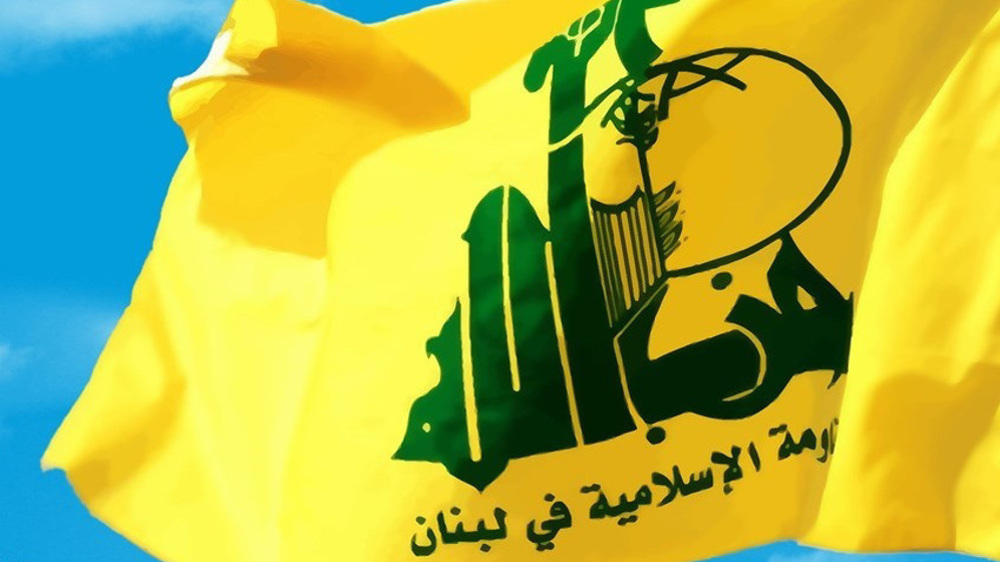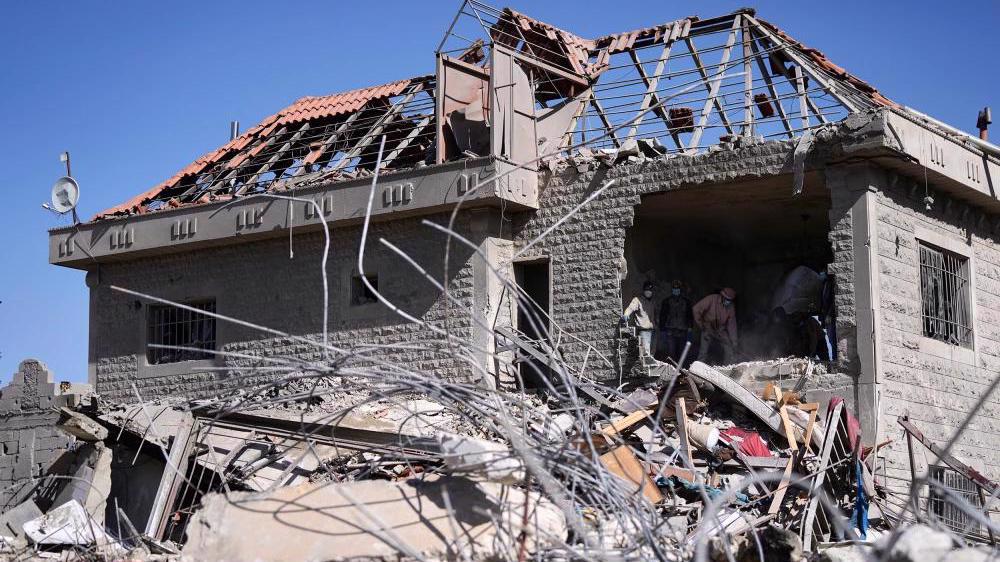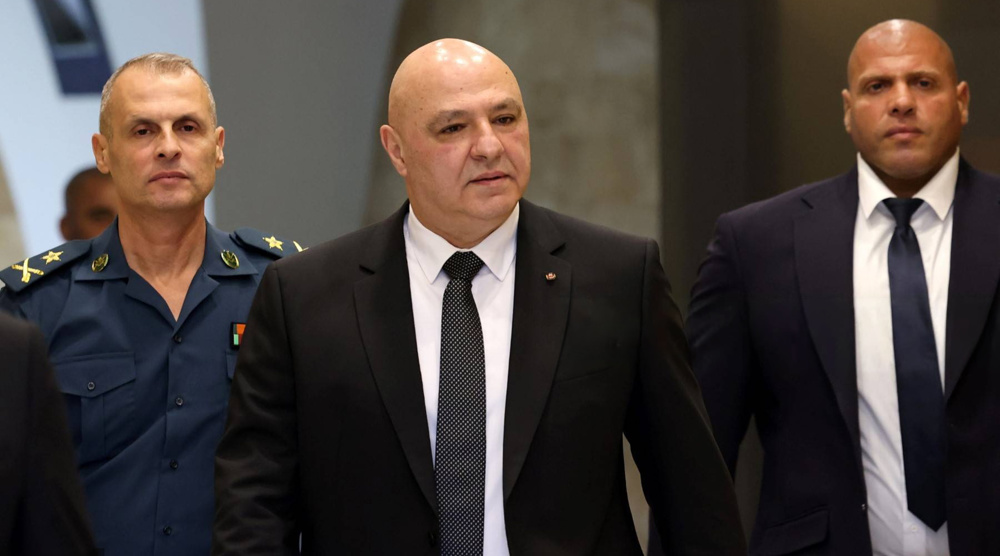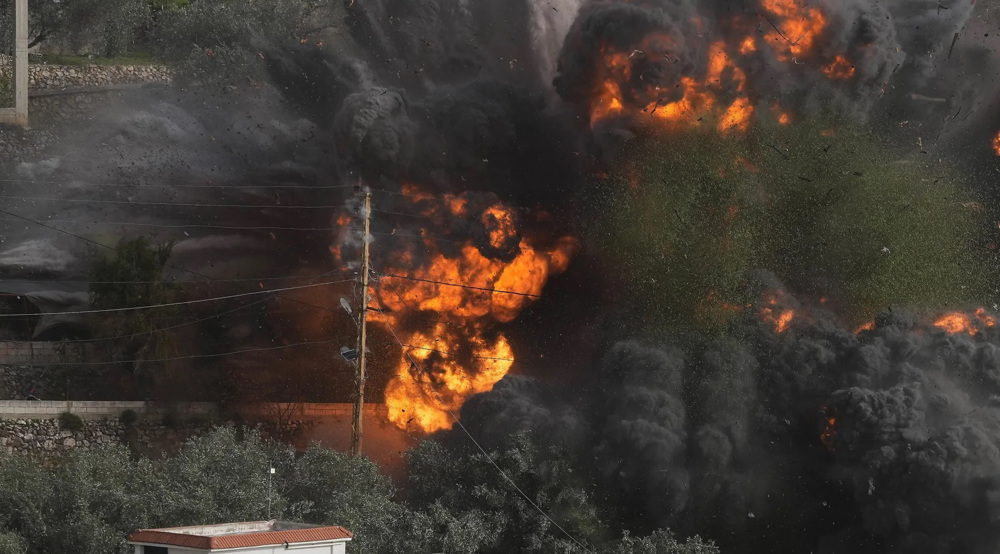Israeli media: Hezbollah achieved great victory
Lebanon’s Hezbollah has triumphed in terms of the maritime agreement formulated between Lebanon and the Israeli regime, Israeli media says.
Israeli author and political analyst Eli Bar-On said that the agreement formulated between the Israeli regime and Lebanon is a "great victory" in terms of morale for Hezbollah Secretary-General Sayyed Hassan Nasrallah, who is close to once again being crowned as "the liberator of Lebanon and the vanquisher of the Israelis from the security belt".
Zvi Yehezkeli, Arab affairs analyst at Israeli Channel 13, said, “The agreement between Lebanon and Israel is a point on Nasrallah's record, since he was the one who urged the Lebanese government to hold its ground and not to compromise.
Yehezkeli said Israel acted stubbornly during the indirect negotiations on the demarcation of the maritime border with Lebanon, until Nasrallah's threats that forced it to hold back.
Nasrallah's threats were effective and put the Israeli occupation under a state of pressure, he said, adding that they will prevent Tel Aviv from extracting gas.
The Israeli commentator said when Lebanon extracts gas, Nasrallah will strengthen his position and will be the biggest winner from this situation.
Haaretz criticized on Friday comments made by former Israeli officials, in which they called on the Tel Aviv regime to reach an agreement with Lebanon.
Haaretz’s Amos Harel accused the Israeli occupation forces of "continuing to tremble at the mention of Hezbollah", slammed what the regime called a "political need", and criticized everyone saying that Nasrallah was merely showing off amid talks for a "need" to prevent a military escalation.
Harel said that former Israeli officials, just like their regime, saw that Nasrallah was "bragging" through his threats about targeting the gas platform.
However, the Israeli occupation forces showed that they have a very shallow understanding after telling the cabinet that "there is a security and political need for an agreement to be reached shortly without delay to prevent a highly likely security escalation."
Based on the opinion of chief of the general staff Aviv Kochavi, deputy chief of the general staff Herzi Halevi, military intelligence chief Aharon Haliva, and their "squad" in the Israeli occupation forces general staff had drafted a document advising the Israeli cabinet to fulfill Nasrallah's demands in order to avert an escalation.
"This is difficult and painful," said Harel. "We are damned if we reach this stage."
Haaretz touched on the internal Israeli debates related to the word "Lapid's acquiescence to Hezbollah", which Netanyahu made a major part of his debate, after repeatedly describing Lapid as bowing to the will of the Secretary-General of Hezbollah.
In the context of a psychological warfare, the Israeli war minister Benny Gantz ordered his army to prepare for an escalation on Lebanon’s border, causing an outrage among the Israelis in northern settlements.
However, Israeli media reports voiced doubts about the credibility of Gantz's announcement, reporting that "no unusual movements on the northern borders were observed."
On Thursday, Israeli media said that the Lebanese maritime border agreement strengthens Hezbollah's position inside Lebanon, stressing that "Hezbollah has once again proven that it can achieve its political and strategic goals in Lebanon and the region thanks to its military strength, and that it cannot be dissuaded or weakened.”
"Hezbollah estimates that Israel is interested in an agreement" with Lebanon on the maritime border demarcation, Israeli expert on Arab affairs Yoni Ben Menachem said Friday.
On Twitter, Ben Menachem said the Israeli occupation "will surrender in the end because it is under pressure to produce natural gas, so it should be given time to come down from the tree and not rush into a military action."
Lebanon has requested seven amendments on the written proposal prepared by US Energy Envoy Amos Hochstein on the maritime dispute with the Israeli regime. A hasty response came from the Israeli side, rejecting the amendments and threatening of an Israeli so-called ‘preemptive of offensive’ war on Lebanon.
In February 2018, Lebanon signed its first contract for drilling in two blocks in the Mediterranean with a consortium comprising energy giants Total, Eni, and Novatek.
Lebanon and the Israeli regime took part in indirect talks to discuss demarcation in 2020. But the talks stalled after Lebanon demanded a larger area, including part of the Karish gas field, where Israel has given exploration rights to a Greek firm.
The talks were supposed to discuss a Lebanese demand for 860 square kilometers (330 square miles) of territory in the disputed maritime area, according to a map sent to the United Nations in 2011. However, Lebanon then said the map was based on erroneous calculations and demanded 1,430 square kilometers (552 square miles) more further south, including part of Karish.
Trump raises global tariffs to 15%, calls Supreme Court ruling ‘ridiculous’
IRGC Navy tests Sayyad-3G air defense missile in Strait of Hormuz
Iran labels EU naval, air forces as ‘terrorist’ in response to IRGC listing
ICE quietly buys warehouses for major detention expansion
Family of US citizen killed by Israeli settler demands end to impunity
VIDEO | Press TV's news headlines
VIDEO | Trump’s 'Gaza Riviera' vs. tents: Deep divide over US' 12-point plan
VIDEO | Palestine Action is back!










 This makes it easy to access the Press TV website
This makes it easy to access the Press TV website